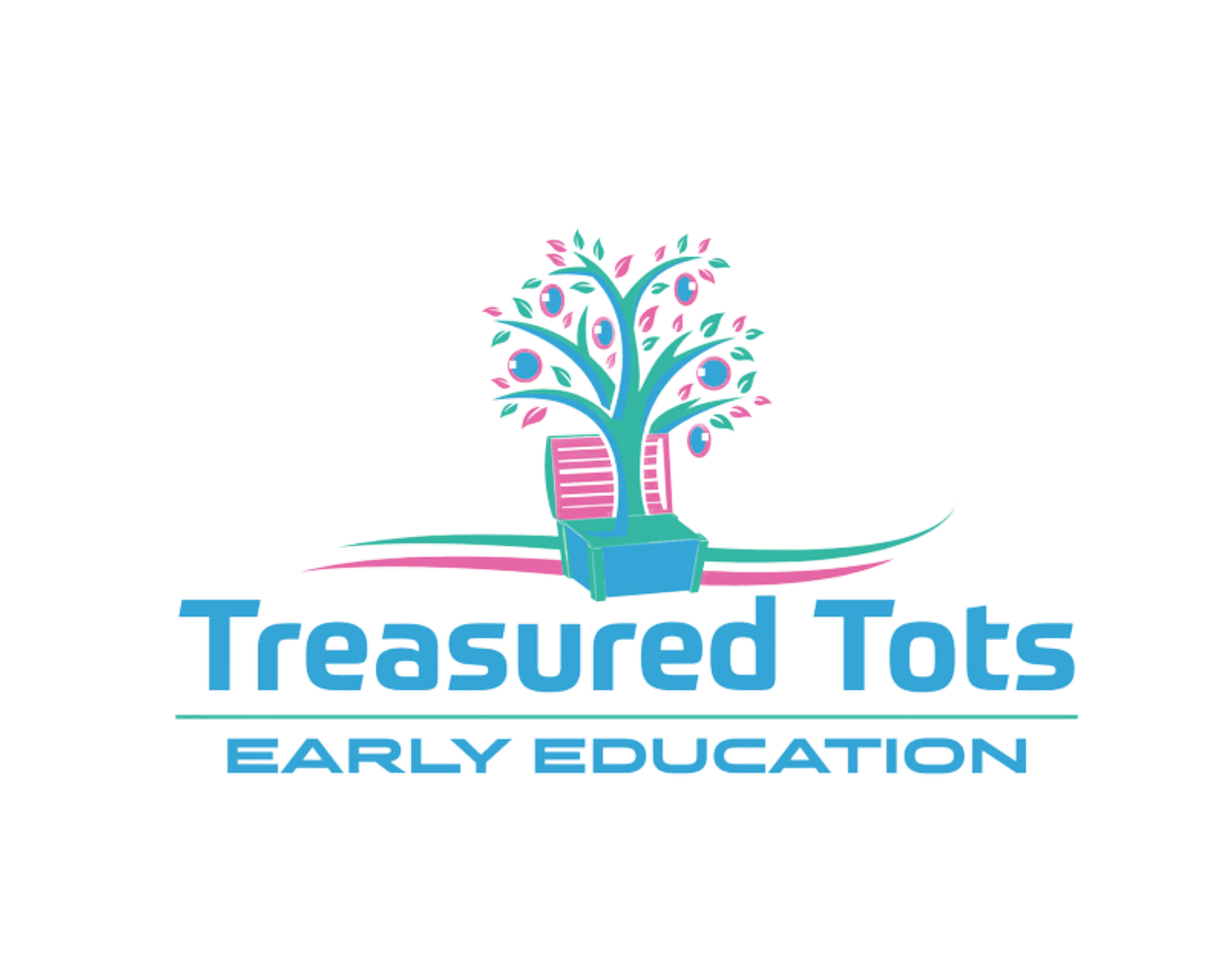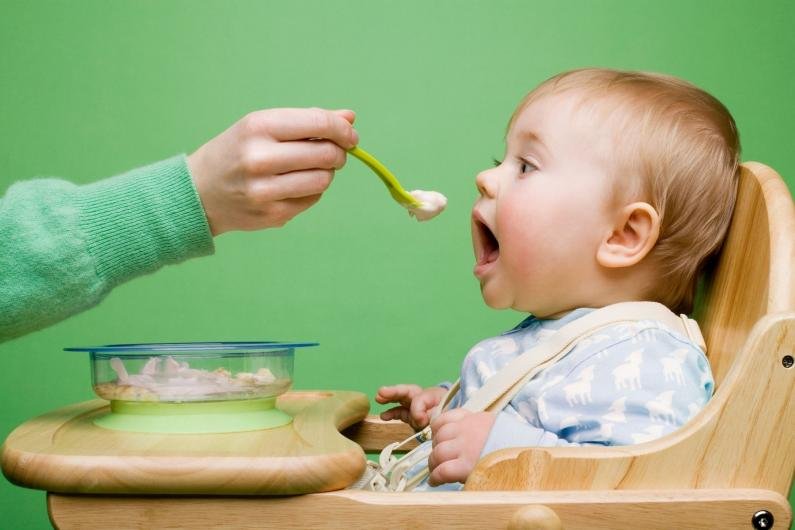Six Ways Parents Can Get Involved In Their Child’s Early Learning
What parents do at home with their little ones really matters. Parents are their child’s first teacher and they play a pivotal role in their early learning and development.
The first few years of a child’s life are absolutely critical in terms of their brain development and for establishing a strong foundation for their cognitive, emotional, physical and social skills. Luckily, there are endless ways that parents can get involved in the child’s early education process, support their successful transition to ‘big’ school and make a positive and lasting contribution to their lives over the long-term.
How can I support my child’s early learning?
Getting involved in your child’s pre-school learning helps them feel seen, connected, appreciated and supported. This safety net gives them a positive foundation and scaffolding for them to explore and discover the world around them, and if they are secure in the understanding that their learning journey comes without judgement or expectation, they’ll be happier to take healthy risks, ask lots of questions, make decisions, solve problems and pursue the things that interest them.
For parents, a good starting point is to think about your child’s learning and development in terms of their senses. Children are naturally curious and they learn best through sensory experiences that involve taste, smell, sound, sight and touch.
By offering your child activities or experiences that actively engage and enrich these five senses, you’ll be stimulating the neural pathways in their brains and helping them to build vital skills.
Here are six simple and effective ways that you can support your child’s early learning through sensory interactions.
Talk, talk, talk!
Chat to your baby all the time. Tell them stories, point things out and explain what you are doing during everyday activities like bathing, having a bottle, walking in the garden or going in the car. Even a gurgle is a response, so can have ‘conversations’ with your little one from day one.
It may seem like you’re talking to yourself, but the sounds and intonations that your little one hears are critical for putting in place the building blocks for their language and speech development. Making counting, sorting and measuring part of your everyday conversation is another valuable intervention to assist your child with maths skills.
Sing to – and with – your child
Music is a wonderful means of getting involved with your child’s learning. Sing simple songs, nursery rhymes or even ‘made-up’ songs and incorporate other sounds and movement like clapping or dancing. Remember, repetition helps a child learn. Even humming to your baby is a sensory experience which is beneficial to them.
Play with your child
There are plenty of activities you can do together which provide rich learning opportunities for sensory play. Even everyday activities in the home like making a meal, folding the washing and tidying a kitchen drawer can become exciting and fun experiences. Mix and bake a cake together, play with water and sand in the garden, create with playdough, peel a mandarin, crush dry cereal – the opportunities are endless.
Feel free to read this article on why sensory play is crucial for a child’s development.
Imaginative play is also really important and should be encouraged. You can pretend you’re a bird and ‘fly’ around the room or ‘nest’ in the couch. You can play dress up with them and conjure up make-believe scenarios.
You can also advance their physical development by doing fun activities together like playing hide and seek and kicking or throwing a ball. Running, skipping, hopping, balancing, jumping and climbing are great for gross motor development, while activities like threading, picking up sticks, tearing paper and colouring in will support their fine motor development.
Read, read, read!
Books are best when it comes to supporting your child’s early learning. Picture books, tactile fabric books, board books, number and counting books – reading to and with your child should be part of your home daily routine to advance their development.
Encourage their participation in everyday activities
It may be time-consuming at first and possibly a little frustrating, but letting your little one help you with tasks at home will help them thrive at school. When you involve them in meal preparation, dressing themselves, looking after pets etc, you’re helping them with decision-making and problem-solving. This will help boost their self-confidence, plus they’ll be learning key skills like responsibility, empathy, consideration for others and resilience.
Create opportunities for socialisation
You can help your child build social skills and ease their transition to childcare or an early learning centre by mixing with different people. Meet with other parents and their little ones for ‘play dates’ and get your child used to being around other adults so that they start to learn how to interact positively with others.
A final word on how parents can get involved in their child’s early learning
Getting involved in your child’s early learning doesn’t have to be a burden – and it certainly doesn’t mean spending money on toys, resources and excursions. There’s so much you can do by simply being at home and going about your everyday lives together.
Talk, read, laugh, sing and play with your child, be engaged and present, notice what they’re interested in and create opportunities for them to do things they enjoy. You’ll have fun too – and at the same time, you’ll be supporting their healthy growth and development.
Here at Treasured Tots Early Education, we encourage parental involvement and we see you as partners, collaborators and advocates for your children. If you have any questions about how you can help with your child’s early learning or want ideas for at-home learning, our experienced and caring team at are always on hand to help. For more information or if you are investigating early learning centres in Perth, we welcome you to get in touch with Treasured Tots or Book a tour. Our five childcare centres in Mandurah, Bibra Lake, Fremantle, Piara Waters, Hamersley, Bennett Springs and Bicton provide high-quality childcare and kindergarten programmes for children between the ages of 0 and 5 and we’d love to show you around one of our ‘homes away from home’.

